Designing a Cold Chain Logistics Strategy for Vaccine Delivery in Conflict-Affected Areas

Client
A leading international health organization operating in Syria engaged Eurogroup Consulting to develop a reliable cold chain logistics strategy to ensure the safe delivery of vaccines to remote and conflict-affected regions. The goal was to strengthen immunization coverage while minimizing spoilage and delays under harsh logistical conditions.
Issues
The client faced significant obstacles, including unreliable electricity for refrigeration, damaged transport infrastructure, security-related route restrictions, and limited storage capacity at the last mile. These challenges frequently led to vaccine spoilage, delayed immunization campaigns, and coverage gaps in high-risk communities—particularly among children and displaced populations.
Solution
Eurogroup Consulting developed a cold chain strategy that combined appropriate technology deployment, route optimization, and local capacity building. The plan focused on maintaining temperature control across all stages—from central warehouses to mobile health units—despite regional instability and access limitations.
Approach
We began by mapping the end-to-end vaccine supply chain, assessing gaps in cold storage capacity and transport reliability. Solutions included deploying solar-powered refrigerators in priority zones, integrating passive cooling equipment for last-mile delivery, and coordinating with local partners for secured micro-distribution routes. Training modules were also developed for cold chain handlers and field health workers.
Recommendations:
Our recommendations included investing in mobile cold storage units with temperature monitoring, creating decentralized cold hubs closer to high-need areas, and establishing contingency routes for critical deliveries. We also proposed a digital dashboard for monitoring inventory levels, storage conditions, and delivery timelines in real time.
Engagement ROI
The new cold chain strategy enabled a 40% increase in on-time vaccine delivery across targeted regions and significantly reduced vaccine wastage. Immunization rates improved in previously underserved communities, and the operational model was adopted as a framework for broader national health delivery campaigns. The project reinforced the client’s ability to respond to public health needs under complex and volatile conditions.


